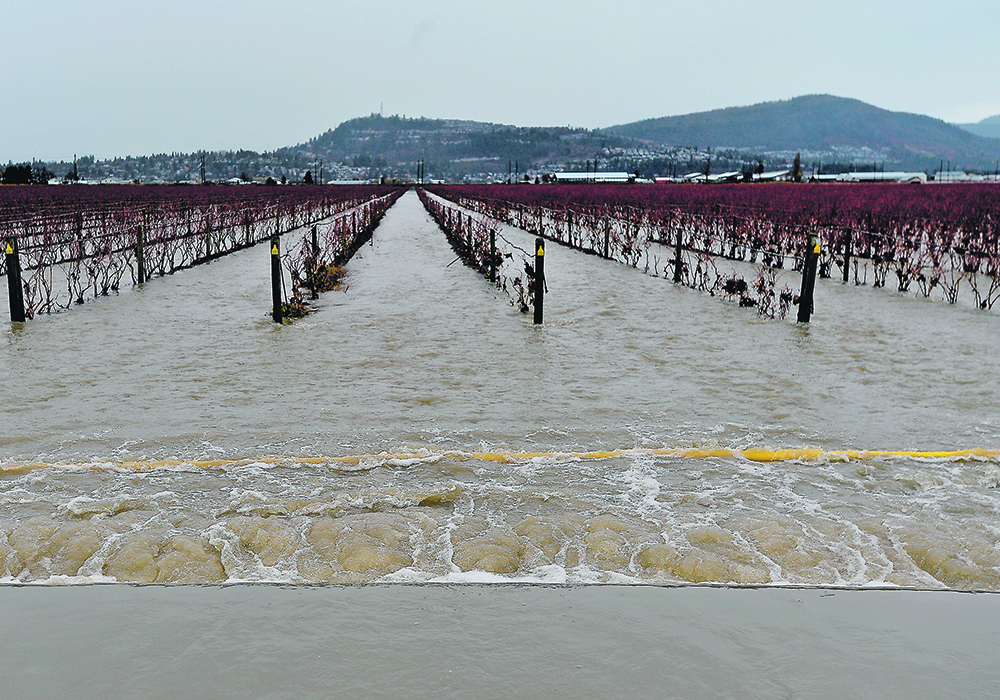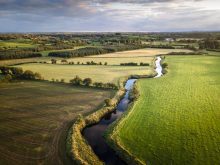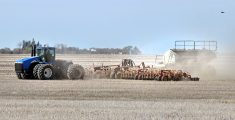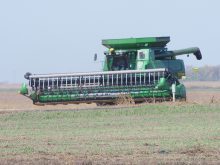The Extreme Weather Preparedness for Agriculture program will focus on risk assessments and infrastructure upgrades
A $1.5 million program by British Columbia is the start of what is expected to be a three-year initiative to boost producers’ resilience to climate change and extreme weather following last year’s flooding, heat waves and wildfires.
“One thing we know is that we’ve had a lot of extreme weather and the other thing we know is that it’s probably not going away,” said Kevin Boon, general manager of the B.C. Cattlemen’s Association.
“And whether it’s climate change or whether it’s just the cycle of things, what matters is that it’s weather and when you get dumped on like we did last year, it really brings to light that we’ve got to do stuff to be prepared for this when we can.”
Read Also
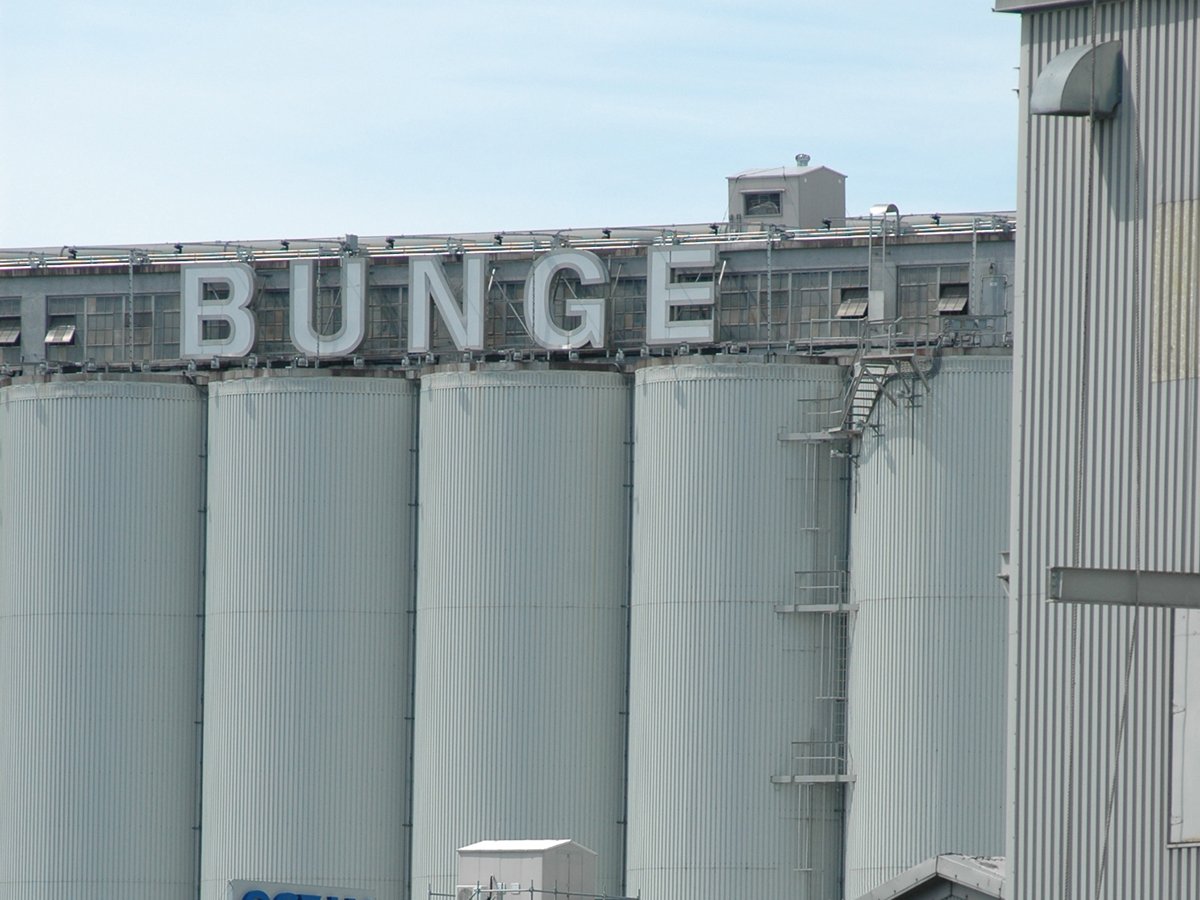
Bunge’s crop mix is changing
Bunge has predominantly been a soybean processing firm, but that’s about to change after the merger with Viterra with softseed processing and grain merchandising gaining ground.
The Extreme Weather Preparedness for Agriculture program will provide a maximum of $1.5 million this year to help producers undertake risk assessments and upgrade infrastructure, said a provincial statement.
Applications are being accepted from July 25 to Aug. 15, with the program open to farm and ranch businesses in B.C.
Boon said each project will be able to access up to $35,000 in matching funding. Although the devil will be in some of the details, “I think that it will be a help,” he said.
However, he added, the current high input costs for things such as gasoline means even $35,000 “doesn’t go very far anymore in doing anything, so it’ll be an opportunity I think for guys to get a start and to get some stuff done…. Overall, I think it’s a step in the right direction, but we’ll see what the uptake is on it.”
The program will provide funding on a first-come, first-served basis, said a provincial statement. Examples of eligible projects include:
- Critical infrastructure assessments under the FireSmart program, which aims to improve wildfire preparedness, prevention and mitigation.
- Enhanced watering and shade to mitigate crop and livestock heat stress.
- Farm building retrofits to improve cooling during extreme heat, as well as retrofits for wildfire preparedness.
- Improving on-farm fuel storage and well protection for flood preparedness.
- Infrastructure improvements to support tree and berry canopy cooling, as well as shade and heat protection for harvested fruit, berry or vegetable crops.
- Reconfiguration of high-value feed storage for flood preparedness.
B.C. producers have experienced the extreme impact of climate-related weather events, provincial Minister of Agriculture and Food Lana Popham said in the statement.
“Agriculture and being able to feed British Columbians is intricately tied to climate change, and by taking increased steps to focus on how we can best prepare for and mitigate future climate impacts, we will be able to better protect the livelihoods of our food producers while strengthening our food security and food economy.”
Boon said the program isn’t going to be a “magic wand that fixes everything, but it’s going to be a place for guys to get some assistance to get started to do some of the things and of course, for us in the ranching industry, mainly it’s going to be fire and it’s going to be flood.”
B.C. was forced to declare a state of emergency Nov. 17 after much of the province’s road and rail links were severed by flooding and landslides, with more than 1,100 farms under evacuation order or alert at the height of the disaster. It affected everyone from dairy and poultry producers to berry and fish farmers.
As a result, the Canada-B.C. Flood Recovery for Food Security Program was launched to provide up to $228 million to help producers with extraordinary expenses from uninsurable damages. It followed the Canada-B.C. Wildfire and Drought AgriRecovery Initiative, which provided a total of $20 million for producers who were hit with wildfires and drought last summer.
B.C. ranchers were affected by wildfires for the third time in five years. Intense heat waves resulted in the village of Lytton setting a new record for Canada of 49.6 C on June 29, 2021, the day before it was destroyed by a wildfire that killed two people.


